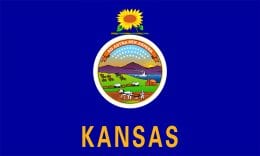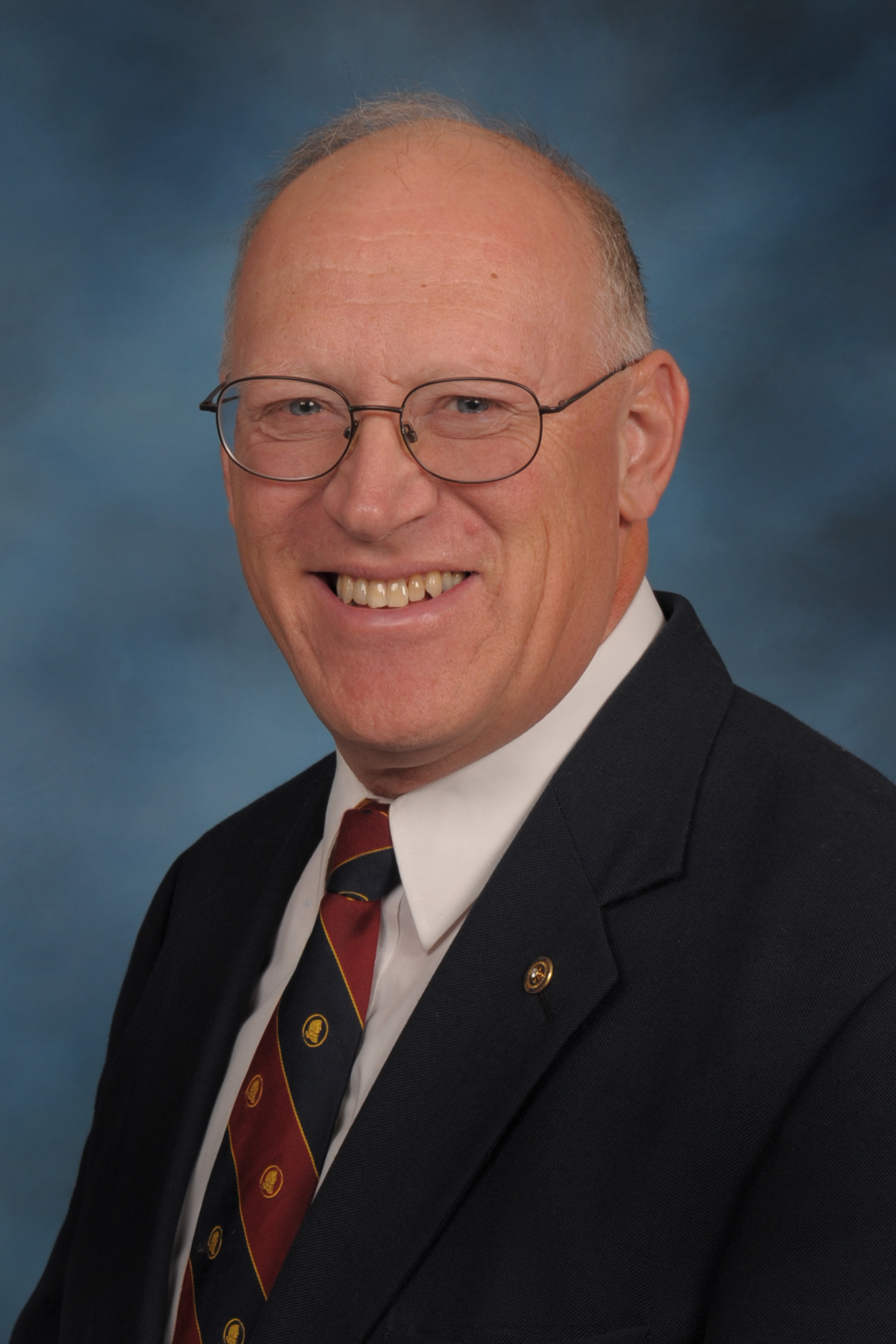“We’re number 1!” That cry goes up in sports arenas across the country. Today, around Kansas Day, the state of Kansas can point to many Kansas firsts. These are accomplishments in addition to sports where our state was number one in historic developments.
 Marci Penner is executive director of the Kansas Sampler Foundation, author, and passionate advocate for rural Kansas. Her organization’s website, www.kansassampler.org, plus Kansapedia and other online sources list numerous cases where Kansas was number 1.
Marci Penner is executive director of the Kansas Sampler Foundation, author, and passionate advocate for rural Kansas. Her organization’s website, www.kansassampler.org, plus Kansapedia and other online sources list numerous cases where Kansas was number 1.
For example, the first U.S. patent for a helicopter was issued to Kansans William Purvis and Charles Wilson of Goodland. They invented the helicopter in 1909. A replica of their original helicopter can be viewed at the High Plains Museum in Goodland.
In addition to helicopters, other Kansans made their mark in aviation. The booming airplane production in Wichita led to that city being called the “air capital of the world.”
In the 1920s, Clyde Cessna of Kingman, Lloyd Stearman of Wellsford, and Walter Beech worked on one of those pioneering airplane companies in Wichita. Walter Beech and his wife Olive Ann from Waverly started their own business, Beech Aircraft Company, in 1932. When Walter became ill, Olive Ann Beech took over the company. Olive Ann was the first woman to receive the National Aeronautic Association’s Wright Brothers Memorial Trophy.
Of all women in aviation, Amelia Earhart was the most famous. Earhart, from Atchison, was the first woman to fly across the Atlantic Ocean. She was preceded by the first man to fly solo non-stop across the Atlantic. His name was Charles Lindbergh. When Lindbergh was barnstorming as a young pilot, he lived near Bird City.
On a more down to earth note, the world’s first bulldozer was invented by J. Earl McLeod and Jim Cummings in Morrowville.
There are many, many other Kansas firsts. Several involve women in politics. Susanna Salter of Argonia was the first woman elected mayor in the U.S. in 1887. She was a member of the Prohibition Party, which reminds me that Kansas was the first state to pass a law to prohibit all alcoholic beverages (that one didn’t work out so well.)
In 1949, banker Georgia Neese Clark of Richland was appointed by President Harry Truman as the first woman Treasurer of the United States. That meant her signature was printed on millions of dollars’ worth of U.S. currency.
In 1978, Nancy Landon Kassebaum was elected to the U.S. Senate, becoming the first woman elected to a full term in the Senate without being preceded by a husband. She would later retire to the family ranch near Burdick.
Kansas women and minorities made their mark in other fields also. Hattie McDaniel of Wichita was the first African-American woman and, for that matter, the first African-American of any gender, to win an Academy Award for her role in “Gone with the Wind.” Another woman founded the first black women’s academy in New England. She came to Kansas and is buried at the rural community of Elk Falls, population 107 people. Now, that’s rural.
In sports, Lynette Woodard of Wichita was the first woman to play for the Harlem Globetrotters. In politics, Charles Curtis of Topeka was the first Native American to become U.S. vice president.
Some firsts are less prominent. The nation’s first chain restaurant was the Harvey House restaurants which served Kansas railroad travelers. A Harvey House Museum is in Florence. Decades later, the country’s first national hamburger chain was founded when White Castle opened in Wichita.
The world’s first synthetic diamond was made by Dr. Willard Hersey on the McPherson College Campus in 1926. Also in McPherson was an amateur athletic basketball team sponsored by the local oil refinery. In 1936, the first year that basketball was an Olympic sport, the Globe Refiners from Kansas became the first basketball team to win a gold medal in the Olympics.
“We’re number 1!” These are some of the Kansas firsts which we find in our history. We salute Marci Penner and others who are making a difference by finding and sharing these Kansas accomplishments. I appreciate the way that they have helped put Kansas first.
Audio and text files of Kansas Profiles are available at http://www.kansasprofile.com. For more information about the Huck Boyd Institute, interested persons can visit http://www.huckboydinstitute.org.
